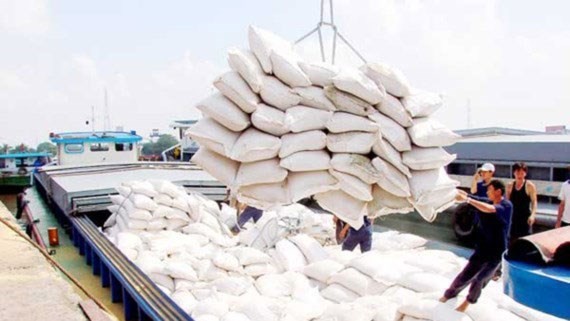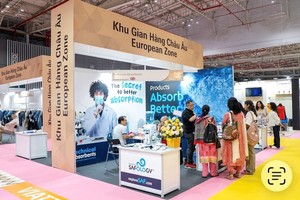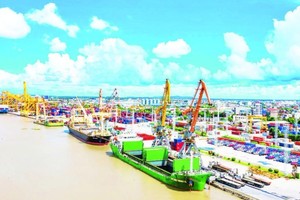
The project approved by the PM hopes to raise the added value of major export products by 20 percent compared to the current number and strive for cargo export growth rate of 8 percent a year in the phase of 2016-2020.
Priority will be given to improving the competitiveness of products earning the most money, comprising agricultural and seafood items such as rice, coffee, rubber and peppercorn; industrial products namely garment and textile, footwear, wooden items, phones and accessories, computes, electronic items and components.
Products that will have export strength such as garment and textile materials, leather and shoes, plastics and plastic products, fertilizers and chemicals are also among commodities that will be given the priority of the competitiveness improvement.
Major solutions to implement the project include production reorganization through transforming production and export modes. Of these, agricultural production will change from small into large scale while quality management will range from farming to transport, processing, preservation and consumption. Industrial production will convert from doing outwork into higher added value phases with goods value chains.
In addition, the project will improve national competitiveness, production ability of export firms especially small and medium ones, goods and industry associations and facilitate businesses’ operation and reduce costs for them.
























